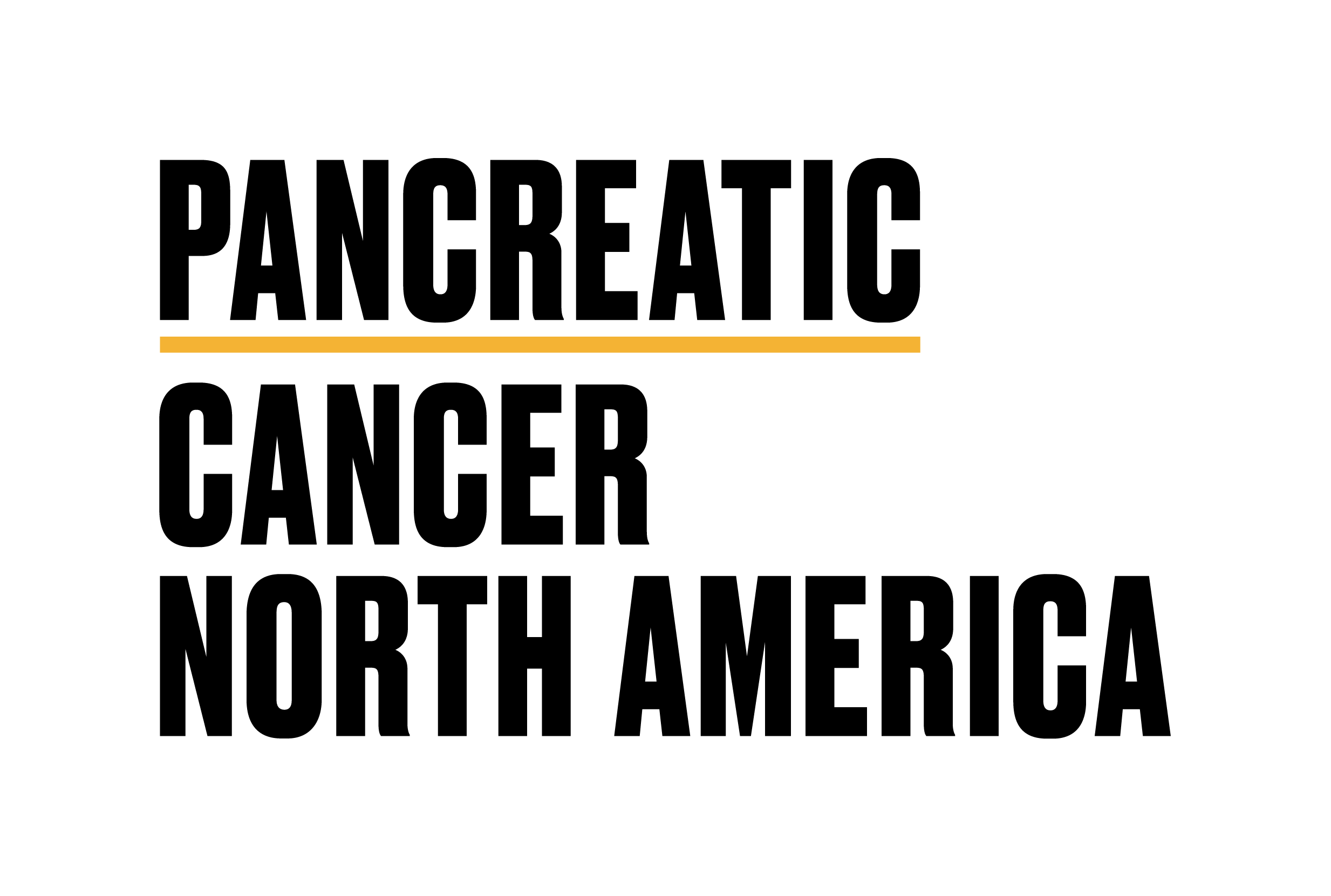Palliative/Supportive Care
A pancreatic cancer diagnosis is life-altering. A support system is critical to help patients and their loved ones cope, not only with pain and symptoms, but with the emotional toll this disease brings. For many, this specialized support is often found through palliative/supportive care.
Palliative/supportive care is the treatment and alleviation of suffering for those facing an acute or persistent medical issue whether the prognosis is deemed terminal or chronic. The focus is on helping people live well for however long that may be. Palliative/supportive care is interdisciplinary, patient centered, and focuses on receiving the right level of care for an individual’s illness.

While it is commonly misunderstood or confused as simply end-of-life healthcare, it is a far more expansive approach. Palliative/supportive care and hospice care have a similar overarching philosophy with an interdisciplinary approach focusing on the comfort of the patient, but they are distinct, complementary types of care.
Palliative/supportive care
- Care at any stage of illness, including diagnosis.
- Involves managing the symptoms and side-effects of life-limiting and chronic illness.
- This type of care can be received at the same time you receive treatment meant to cure your illness.
Hospice care
- Care at the end of life, focusing on a person’s last six months of life of or less.
- Focus is on making the patient’s life as comfortable as possible.
- When curative treatment is no longer an option.
When Should You Seek Palliative/Supportive Care?
Palliative care is too often overlooked as an option for patients until the end stages of their pancreatic cancer. It’s never too early to seek specialized support. We encourage patients and caregivers to ask your specialist, physician, or hospital nurse about referral to palliative care at any stage, including as early as diagnosis, to help control cancer and treatment-related symptoms and improve well-being.
Who Is Involved In Palliative/Supportive Care?
- Doctors, nurses, and other members of the health care team can answer questions about treatment, diet, working, or other matters.
- Counsellors, or spiritual leaders can be helpful to those who want to discuss their emotional concerns.
- Social workers can suggest resources for financial aid, transportation, home care, emotional support, or other services to aid in living with pancreatic cancer.
- Caregivers and family members may also find the palliative care environment to be beneficial to help manage the emotional toll of the disease, including bereavement, and grief support.
Where Does Palliative/Supportive Care Take Place?
Palliative care may look different to each individual patient, based on their unique needs and diagnosis. For some it may extend beyond a hospital setting, as it can be provided wherever the patient resides to ensure their comfort is a priority.

When individuals are faced with a life-limiting illness, a palliative/supportive care approach has several benefits:
- Addressing physical concerns such as pain and symptom management.
- Nurturing spiritual, psychological and social needs.
- Supports patients and caregivers throughout the illness, from time of diagnosis.
- Ensuring dignity and quality of life through all stages of illness.
Investing in and advocating for palliative care is a humane compassionate thing to do. If we cannot yet give you a cure, then our responsibility is to ensure you have compassion and support until the end of your life. That should be the global baseline of care.
Additional Resources
Further Reading

Pancreatic Cancer North America
442 5th Avenue #2873
Manhattan, NY
10018
Toll Free: 1-844-274-3640
info@pancreaticcancerna.org
